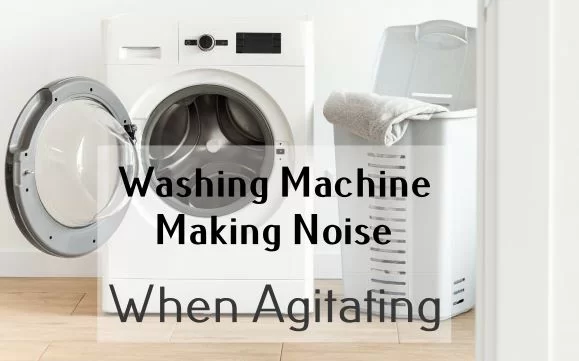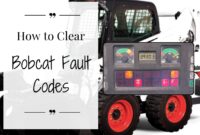It strikes us with confusion and worry when our washing machine starts to yell out anguish-like sounds… which alarms us that something is wrong inside the machine. It is not uncommon for a washing machine to make noise when agitating. Many people wonder what they can do to stop it all at once without any help from a professional. Is it possible?
Washing Machine Making Loud Noise When Agitating
Things will go unpleasant for you when your washing machine starts making random, disturbing noises. Some people even say their washing machine sounds like gravel, which is slightly exaggerated yet valid to some extent. What possibly happens is explained as follows:

Failed Drum Bearings
If you have a washing machine making noise when agitating, the most common and possible reason is the drum bearings are broken. There are two innovative ways to determine and to ‘diagnose’ this occurrence as something that comes from broken drum bearings:
Read also: Washing Machine Making Loud Noise
- Please turn off your washing machine and free it from any electrical current. Then, try to spin the drum with your hand. If you heard something like a rumbling noise, loud enough to destroy your anxiety-free day, this is it.
- Or, you found that there is an incongruity between the inner drum and the outer tub.
You may first see the latter method, but you may also try the former one. To see and ensure.
So, what should we do if this is the case? You are left with one solution only: to replace the drum bearings. Replacing drum bearings will require you to know how to disassemble and reassemble them and what to do when fixing them. In this case, you must remove the outer panel first, followed by the drum. After that, you can try the DIY step-by-step to replace drum bearings.
It will be good if you’re mechanically shrewd and have hours to spare with the machine components. Otherwise, it’s best to place a call to a service professional.
Failed Drive Pulley
Another potential cause of noise is a broken drive pulley. To verify this, you’ll need to inspect it directly. It’s worth noting that this issue often arises after the drum has been overloaded. Suppose you’ve recently loaded your washer beyond its capacity.
In that case, it’s a good idea to check the motor coupling and the circuit breaker, as these parts are most susceptible to damage from overloading.
Other Potential Issues
If the noise persists, it could be due to other components such as the motor, pump, or belts. Regular maintenance and ensuring that your top-loading washing machine is not overloaded can help prevent these issues. Additionally, keeping an ear out for any unusual sounds during the spin cycle can help you catch problems early.
Note that this occurrence usually occurs after the drum is overloaded. If there is this time you got your machine over the capacity, dig deeper by taking a chance to check whether the motor coupling should be replaced.
Not to forget the circuit breaker – the part that takes the toll at most when your machine gets overloaded.


